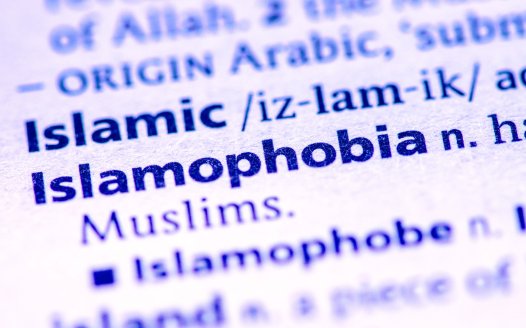We must stop giving public funds to religious colleges which restrict academic freedom
Posted: Fri, 2nd Feb 2024 by Keith Sharpe and Chris Higgins
Many religious higher education providers are shirking their duty to uphold freedom of expression and academic freedom. Christopher Higgins and Keith Sharpe say it's time to stop funding these institutions.
Many secularists are well aware of religious privilege in primary and secondary education: faith schools, religious selection and collective worship, for example. But few are aware of the historic religious privileges which continue to pervade higher education (HE). The most egregious of these privileges is the public funding given to religious organisations to train their staff and laity in accord with their own specific doctrines and beliefs– despite this being against regulations for HE providers.
Universities, further education colleges and a plethora of other higher education providers are regulated by the Office for Students (OfS). Once an organisation is registered with the OfS, it can access public funds including student loans.
To register with the OfS, HE providers must comply with the OfS's public interest governance principles, which include academic freedom and freedom of speech. The OfS itself defines academic freedom as: "Freedom within the law to question and test received wisdom; and to put forward new ideas and controversial or unpopular opinions, without placing themselves in jeopardy of losing their jobs or privileges they may have at the provider". These values have recently been reinforced and enshrined in law in the Higher Education (Freedom of Speech) Act 2023.
However, since its establishment in 2017, the Office for Students has registered several churches, and theological colleges owned and operated by groups of churches, which blatantly restrict academic freedom and freedom of speech in their governing documents and in the delivery of education.
As an example, the governing document of Moorlands College, aligned with the Evangelical Alliance, states that its charitable objects are "…the conduct of a college or colleges for the study and teaching of the Bible, Christian doctrine and related subjects…provided that all such activities shall be carried out in strict accordance with the doctrinal basis set out in the schedule".
Similarly, Christ the Redeemer College, which is owned and operated by the Redeemed Christian Church of God, states its governing objects are: "To advance the Christian Faith by establishing and maintaining a Bible training institution based solely on the Christian doctrines, principles and faith as set out in the Statement of Faith".
Furthermore, these colleges enshrine restrictions of academic freedom and freedom of speech in their operations. Governors, staff and students are required to adhere to 'statements of faith' or other 'I believe...' statements. This is illustrated by the recent advertisement for a staff member at Moorlands College which openly declared: "There is an Occupational Requirement for candidates to be a Christian and to be in complete agreement with Moorlands College's Statement of Faith".
Meanwhile, its Expectations of Conduct document for students states that all students "function within the framework of the College as it seeks to live out the commitments expressed in the College's statement of faith". This statement of faith includes belief in "the supreme authority of the Old and New Testament Scripture".
Insistence that study and teaching by these churches and their theological colleges must be carried out "in strict accordance" with doctrine leaves no scope for academic freedom or freedom of speech as defined by the OfS registration criteria and the 2023 Act.
Almost two years ago, the National Secular Society submitted formal complaints ('third party notifications') to the OfS citing three theological colleges: Moorlands College, Christ the Redeemer College London, and Regents Theological College (run by Elim Foursquare Gospel Alliance). Since then we have reported a further nine establishments to the OfS.
None of these HE providers should, in our opinion, have been registered by the OfS in the first place as they clearly fail to comply with the public interest governance principles. Despite several requests, the consistent response of the OfS has been to 'neither confirm or deny' that it will investigate or take any action. The OfS has also failed to explain why these colleges are not required to comply with the same conditions of registration that all other HE providers must meet. This response is inconsistent with the OfS's stated intent to be transparent.
The fact that the OfS is now refusing to deregister, or even comment on, these organisations is tantamount to institutional failure. Perhaps the OfS has continued to award millions of pounds of public funds to these churches and their colleges over the past seven years because it is afraid to admit it has made a mistake.
We hope the recent appointment of Arif Ahmed to the role of Director for Freedom of Speech and Academic Freedom at the OfS will now bring this issue to the fore so it can be transparently addressed. As these HE providers are churches or run by religious organisations, modification of their governing documents is impossible without undermining their raison d'etre, so deregistration seems to be the only option.
Deregistration will not force these operators to close. These churches will still be able to continue to train their ministers according to their own specific doctrine – but not at public expense.
Meanwhile, their current and future students will still be able to study theology in the non-doctrinal and intellectually open environments of universities which aim to educate rather than indoctrinate.
Freedom of Expression
Democracy cannot exist without the right to free speech. Join our campaign to protect freedom of expression from religious incursions.








